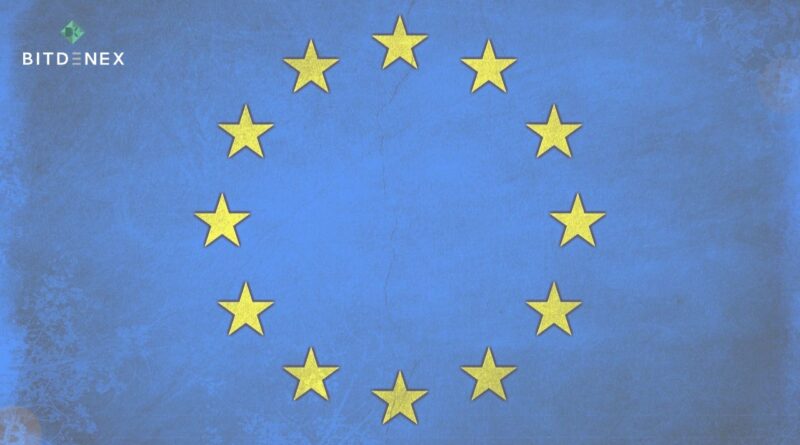European Union Drafts Paper Regarding Exceptions to MiCA Regulation
Further deliberation will take place after the 29th of April.
Last year, the European Union unanimously passed the Markets in Crypto Assets (MiCA) bill, which is considered the first comprehensive piece of legislation addressing the crypto industry as a whole. While MiCA is part of a larger set of financial laws known as DORA, it has led many crypto companies to consider moving their operations across the ocean.
Several Adjustments to The Bill
Although MiCA was published in June 2023, there have already been two consultation sessions on the bill, with another scheduled for April, before the first component of the legislation takes effect in June 2024. The remaining measures are projected to go into force in December 2024.
The proposed exceptions would provide European customers more freedom while also protecting individuals who are less technologically skilled. Allowing “reverse solicitation” The European Securities and Markets Authority (ESMA) report takes into account earlier feedback on companies operating outside the EU and decides to grant exceptions for them if needed.
Previously, the authority intended to prevent non-EU companies from offering crypto assets and services to EU citizens, but the new provision will allow them to do so them to do so if reverse solicitation – meaning an EU citizen explicitly requests either of these to a provider – occurs. By doing so, experienced crypto investors looking for niche offerings would have more legal options, while inexperienced investors would be protected from dealing with businesses where legal recourse may be more limited. “ESMA has previously said that the supply of crypto-asset services or activities by a third-country firm is expressly confined under MiCA to circumstances where such service is launched at the sole initiative of a client. This exemption is narrowly defined and cannot be used to evade MiCA. ESMA and national competent authorities will use their regulatory and enforcement capabilities to actively protect EU-based investors and MiCA-compliant crypto-asset service providers from unauthorised invasions.
Investors should read the document and submit any requests by the 29th of April, when regulators will discuss it. The regulator is also seeking feedback on the potential classification of crypto assets as financial instruments – defined as monetary contracts. If a crypto asset qualifies as a monetary contract, it is no longer subject to MiCA and falls into the regulatory scope of another measure known as MiFID II.
Buy and sell crypto in minutes with 0.20% trading fees at Bitdenex Exchange.

